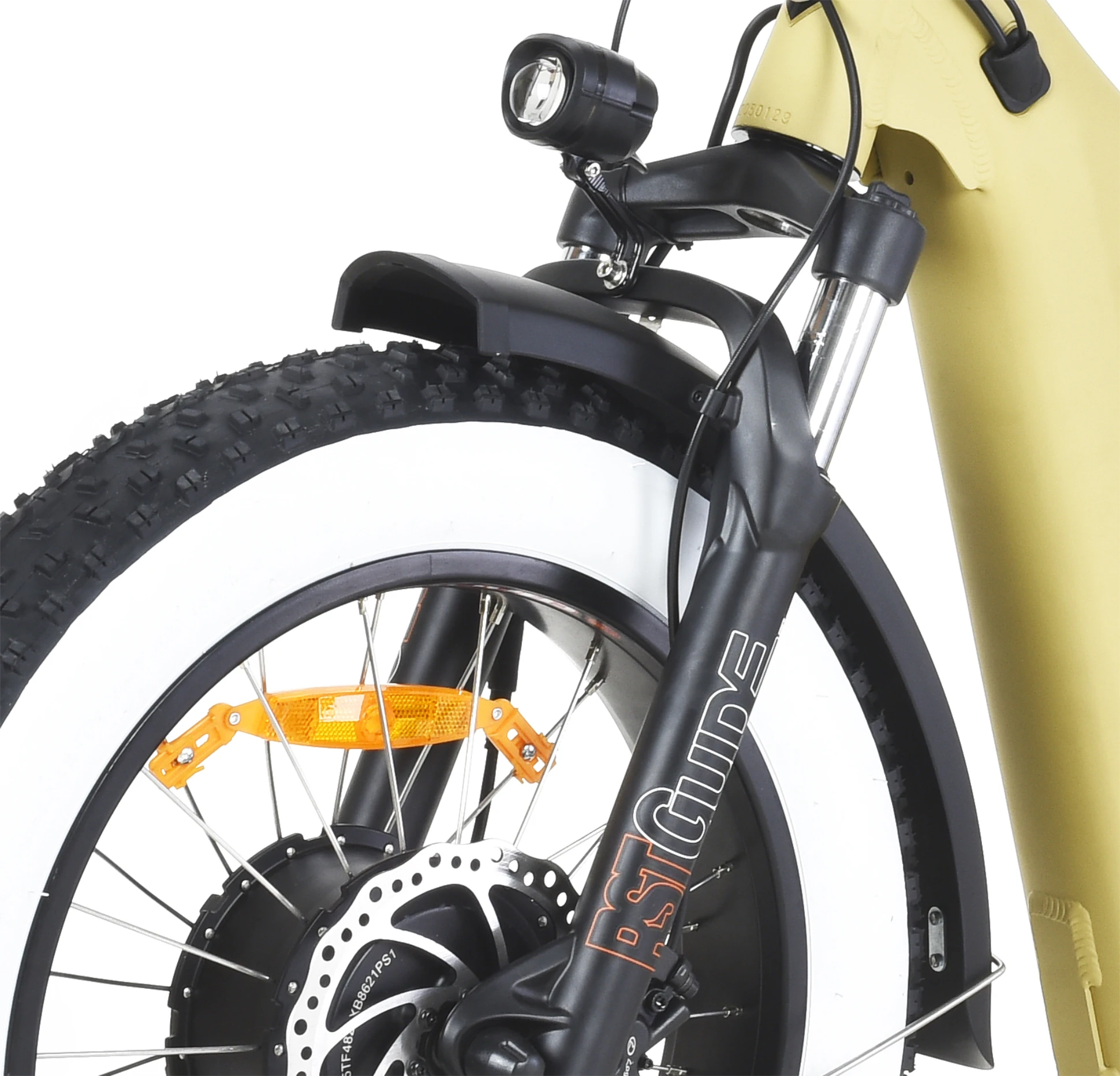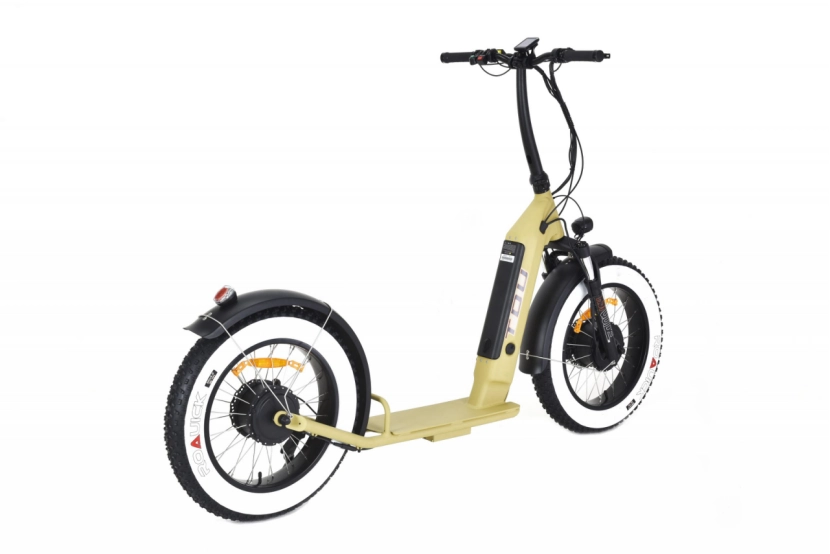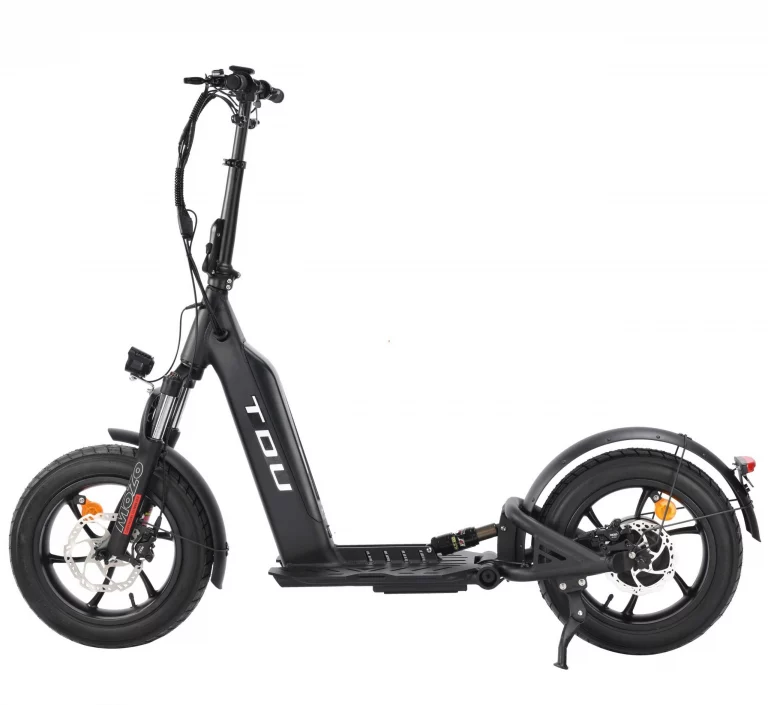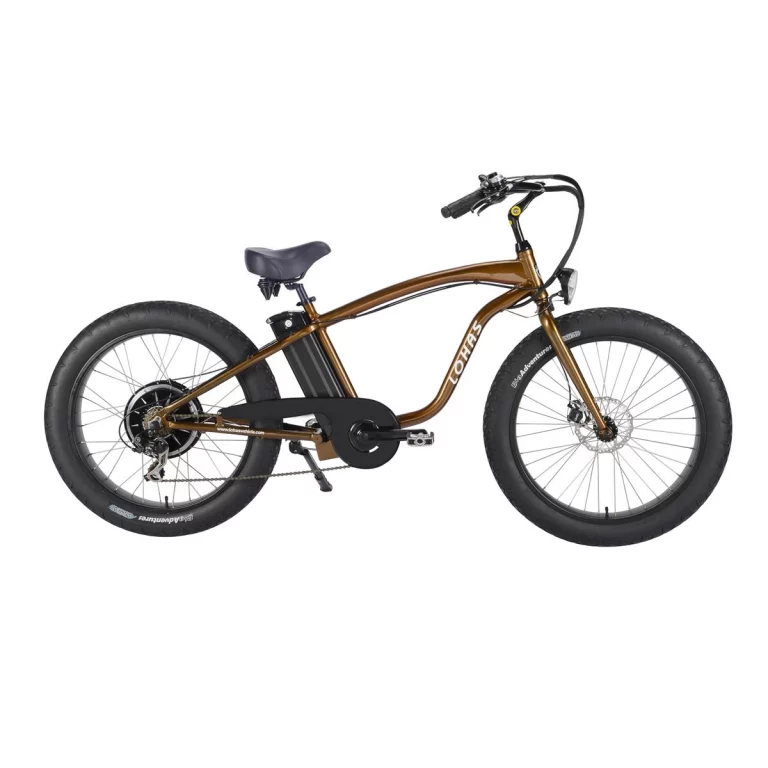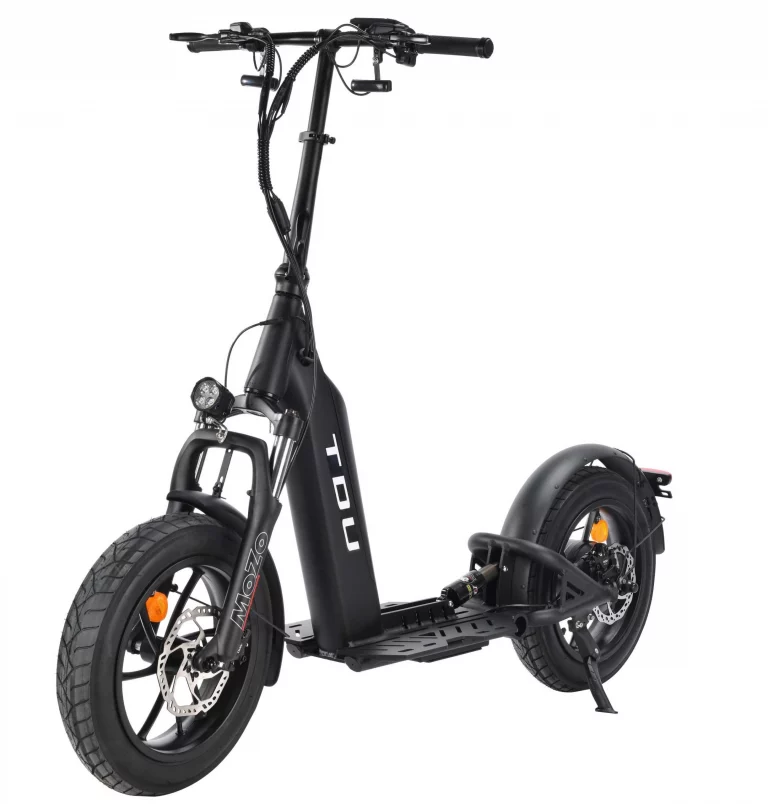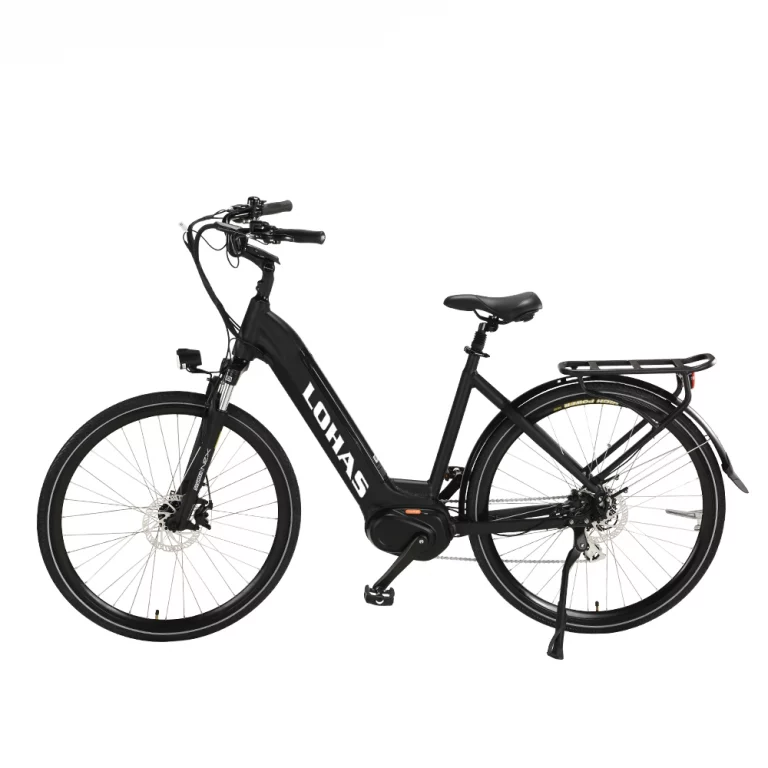Importance of Proper Battery Maintenance
Boosting Battery Longevity
Good care extends battery life. Electric scooter batteries rely on it. Charging habits matter. So do environmental factors. Usage patterns play a role. Overcharging harms cells. Extreme temperatures do too. Overcharging an electric scooter battery can have detrimental effects on its long-term health. Charge correctly. Store wisely. This keeps capacity strong. Performance lasts longer.
Ensuring Peak Performance
Maintenance enhances efficiency. It keeps power steady. Reliable operation depends on this. Smooth rides need consistent output. Gentle acceleration helps. Easy braking conserves energy. This reduces battery strain. Proper care prevents breakdowns. Scooters stay dependable.
Key Tips for Electric Scooter Battery Maintenance
Avoiding Overcharging
Overcharging is a common error. It generates heat. This speeds up cell wear. High temperatures trigger damage. The battery’s structure suffers. Capacity drops. Lifespan shrinks. Use chargers with auto shut-off. They stop overcharging. Safety improves.
Using the Right Charger
Scooters have specific needs. Chargers must match them. Voltage and specs vary. High-quality chargers offer safety. They include overcharge protection. Investing in high-quality chargers and accessories tailored specifically for your electric scooter brand can further optimize its charging process. Compatibility ensures efficiency. Damage risks fall.
Temperature Protection
Batteries dislike extreme weather. Heat hurts performance. Cold reduces capacity. Store in moderate conditions. Charge in stable climates. Charging during moderate temperatures is also beneficial for the battery’s well-being. This preserves health. Longevity increases.
Storing Unused Batteries
Store batteries with care. Keep them at 50% charge. Use a cool, dry place. This avoids deep discharge. Cell strain is minimized. Proper storage of your electric scooter when not in use significantly impacts its battery life. Batteries stay ready.
Effective Recharging Practices for Electric Scooter Batteries
Regular Charging Routine
Charge often to stay healthy. Don’t let levels drop low. Below 20% risks damage. Deep discharges harm cells. Set a safety point at 30%. It’s recommended to set a safety charge point at 30% capacity to avoid letting it drop below 20%. This keeps batteries strong.
Post-Ride Charging Benefits
Charge after every ride. It keeps batteries optimal. Stress from low levels drops. The scooter stays ready. Charging after each ride is another key practice that maintains battery life. Convenience pairs with care.
Avoiding Full Charges
Full 100% charges wear batteries. Repeated cycles speed degradation. Use the 20–80 rule. Keep charges in this range. It’s recommended to adhere to the 20–80 rule, avoiding draining the battery below 20% and not charging it beyond 80%. Stress on cells falls. Lifespan grows.
Safe Charging Environment
Charging conditions matter. Avoid extreme heat. Cold is harmful too. Stable climates protect components. Ensure good ventilation. This prevents overheating. Battery health stays intact.
Optimizing the Recharging Process for Maximum Efficiency
Charger Compatibility Check
Use the right charger. Match your scooter’s specs. Voltage and current must align. Wrong chargers harm batteries. They charge poorly. Investing in high-quality chargers and accessories tailored specifically for your electric scooter brand can further optimize its charging process. Auto shut-off features help. They prevent overcharging. Heat risks drop.
Full Conditioning Cycles
Run full cycles rarely. Discharge completely, then recharge fully. This balances cells. It fixes minor issues. Don’t do it often. It’s recommended to adhere to the 20–80 rule, avoiding draining the battery below 20% and not charging it beyond 80%. Overuse strains batteries. Use cycles when performance dips.
Additional Recommendations for Prolonging Battery Lifespan
Routine Inspections
Check batteries often. Look at chargers too. Spot corrosion early. Check for loose wires. Look for damage. Periodically inspecting the battery cells, connectors, and overall wiring can help identify any potential issues or abnormalities. Replace worn parts fast. This keeps charging safe. Efficiency stays high.
Professional Assistance
Persistent issues need experts. If problems linger, see a technician. They diagnose deeply. Hidden issues get found. Upgrades may be suggested. Consider upgrading to a high-quality electric scooter battery if you seek an extended lifespan and enhanced performance. Pros ensure reliability.
FAQs
How to know if my battery needs charging?
Look for slow speeds. Acceleration feels weak. Low-battery lights glow.
Why use a compatible charger?
Wrong chargers harm batteries. They mismatch voltage. Damage follows.
What do conditioning cycles do?
They balance cells. Performance recalibrates. Use them sparingly.
What if my battery overheats?
Stop charging. Check for issues. Get professional help.
Can I charge overnight?
It risks overcharging. Use auto shut-off chargers. Unplug when full.
Contact Yongkang LOHAS Vehicle Co., Ltd. Their high-quality electric scooters and chargers offer durability and custom solutions!

